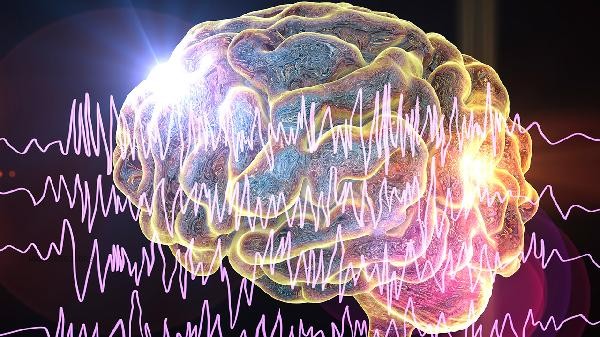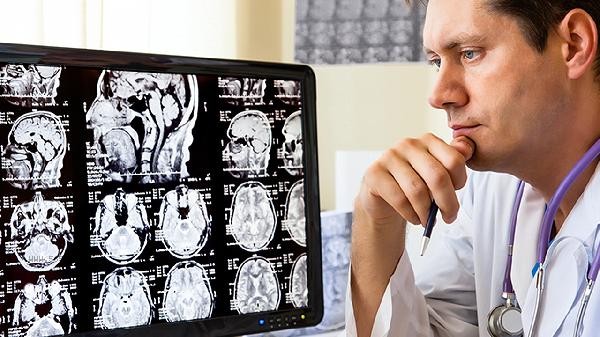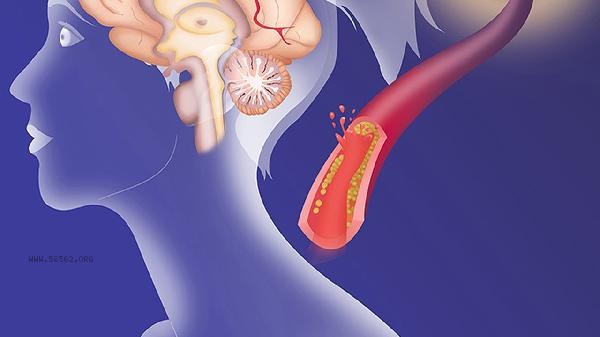Sudden transient amnesia in the brain may be related to emotional fluctuations, insufficient blood supply to the brain, mild brain damage, and other factors, and in most cases, it can recover on its own. Transient amnesia caused by anger can usually be restored, but organic diseases need to be ruled out.

1. Emotional fluctuations
Strong emotions such as anger may trigger transient total amnesia, manifested as short-term memory loss. At this time, the environment should be kept quiet and emotions should be calmed down through deep breathing. Generally, symptoms can be relieved within a few hours. If there are frequent episodes, it is necessary to check for anxiety disorders or post-traumatic stress disorder.
2. Insufficient blood supply to the brain
Insufficient blood supply to the vertebral basilar artery can lead to transient ischemic attacks, which may result in fragmented memory loss. It is recommended to check blood pressure and lipid indicators, and avoid sudden getting up or turning your head violently. Timely cerebrovascular assessment is necessary when accompanied by dizziness and vomiting.
3. Mild brain injury
Post concussion sequelae may cause retrograde amnesia, usually accompanied by headache or inattention. Within one month after injury, mental labor and vigorous exercise should be avoided, and cognitive training can be used to promote hippocampal functional repair.

4. Hypoglycemic response
Sudden drop in blood glucose level may cause confusion and memory failure, which is more likely to occur in diabetes patients. Immediately supplement sugary foods during an attack, and regularly monitor blood sugar to avoid prolonged fasting.
5. Sleep deprivation
Long term sleep deprivation can affect the process of memory consolidation and cause transient cognitive impairment. Improving sleep cycle is more important than medication intervention. It is recommended to maintain a fixed sleep schedule and reduce blue light exposure before bedtime. For memory loss caused by anger, the first step is to control emotional intensity through psychological regulation. Practicing mindfulness meditation can help reduce stress reactions. Daily supplementation of foods rich in lecithin, such as eggs and soybeans, can promote acetylcholine synthesis. If amnesia occurs for more than 24 hours or is accompanied by limb numbness or speech disorders, immediate head CT or MRI examination should be performed to rule out cerebrovascular accidents. During the recovery period, cognitive rehabilitation exercises such as memory card training and digital memory games can be performed, but attention should be paid to avoiding excessive use of the brain that can cause fatigue.









Comments (0)
Leave a Comment
No comments yet
Be the first to share your thoughts!